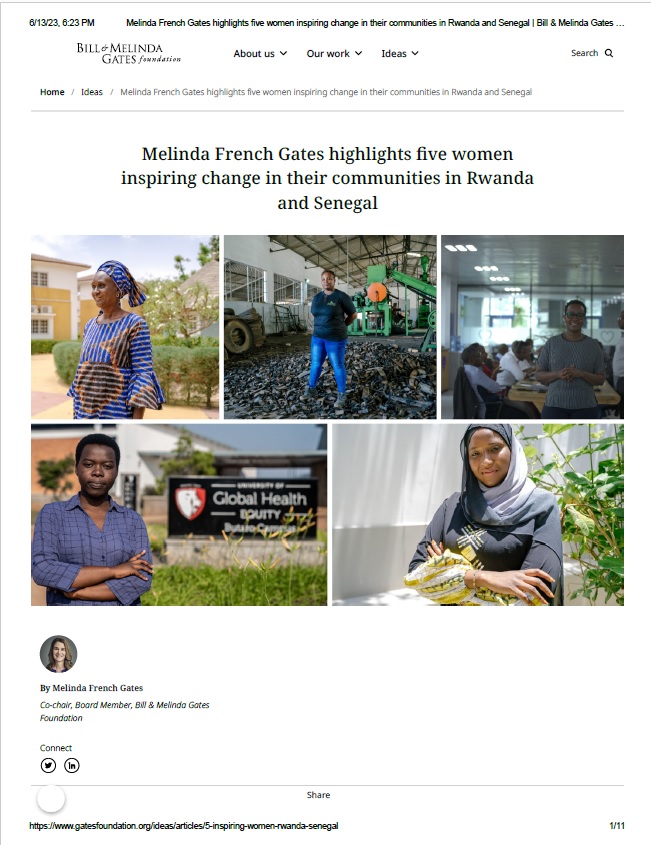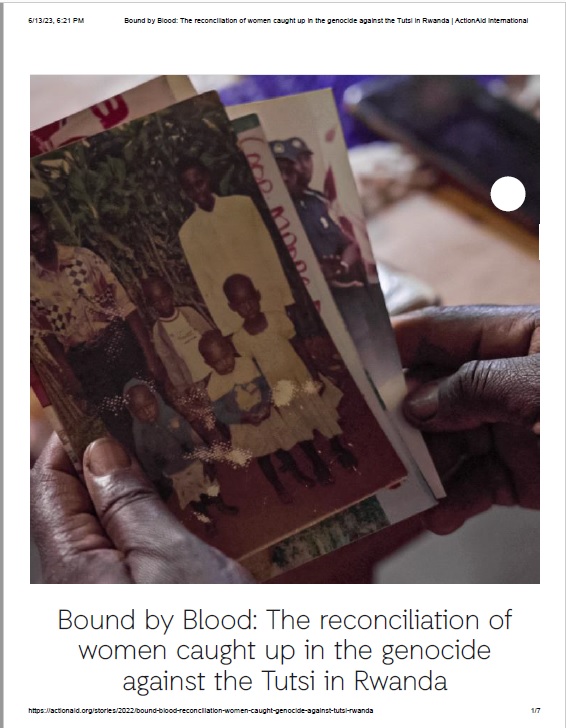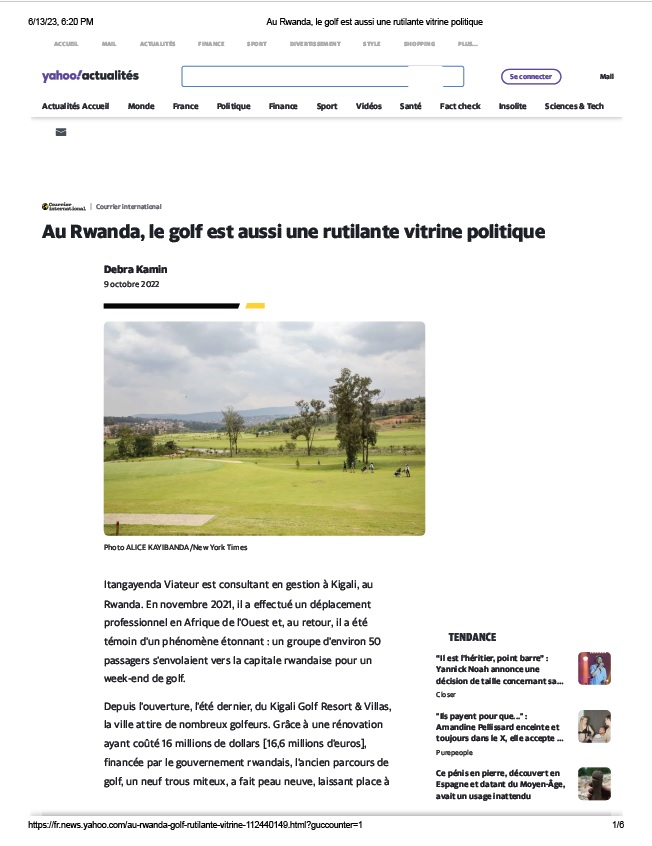Melinda French Gates highlights five women inspiring change in their communities in Rwanda and Senegal _ Bill & Melinda Gates Foundation

Bound by Blood_ActionAid International

Au Rwanda, le golf est aussi une rutilante vitrine politique

In Rwanda, a New Golf Course in Kigali Is a Sign of Growth – The New York Times

My First Time

Back in 2012, I travelled to Rubavu with a friend from the US who kept referring to what is now Rubavu district as Gisenyi. He had read so many books on Rwanda and that name stuck in his head. He made me walk thousands of kilometres and wanted us to even try the Congo-Nil trail, […]
Olive’s story

My name is Olive Uzayisenga, I had my first child, Marcelline when I was 20 years old. The midwife immediately noticed that she had albinism after she was born. sI and my husband were baffled as a young couple and first-time parents. We didn’t know what to do. It’s only my mother would visit us; […]
The Man from Magi

I was on photography assignment in the South of the country, near the Rwandan border with Burundi for a community peacebuilding campaign. The people there looked very sad and pensive. On the way to the playground where the meeting took place, I noticed some destroyed houses, they had probably been demolished during the Genocide against […]
UNDP Insights, January 2022

Belinda’s story

My name is Belina Nyirahabimana. I am 43 years old. I had a lot of love from my parents growing up. Our neighbours were so mean to me. They would laugh at me, call me names but my father was always there to protect me and told off any person who would say unkind words […]
Georgetown Medecine Magazine

